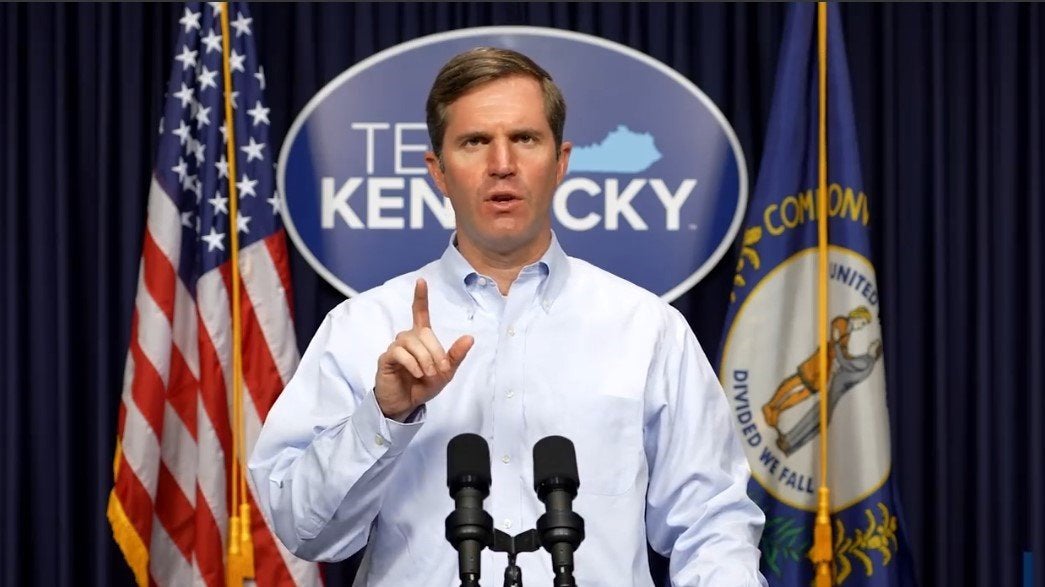Alternatives to universal basic income hold more promise
Published 8:36 am Monday, October 9, 2017
By DAVE FAIRCHILD
Guest columnist
A universal basic income (UBI) has been praised for its simplicity, but critics have pointed out that it is too costly, and also provides a disincentive to work. Proposed alternatives include a negative income tax, a graduated income tax, a graduated value added tax, or some form of guaranteed jobs.
Though never implemented, the concept of a negative income tax (NIT) has existed since the 1940s, following its introduction by British politician Juliet Rhys-Williams. In the 1960s, it was brought to wider attention by famed U.S. economist Milton Friedman. Friedman thought that the NIT could replace the cumbersome welfare state model of “Band-Aid policies” and grants that existed at the federal and state levels.
Although there are multiple models of an NIT, the simplest form is a flat negative tax, which means that everyone in the economy will pay the same income tax rate and be entitled to a minimum benefit, regardless of how much income they earn. A variation would have the value of the negative tax decrease as the taxpayer’s income increases.
A graduated income tax (GIT) is a tax which rises in steps, with those having the highest income paying the highest percentage of tax. As the taxpayer’s income increases, the tax bracket becomes progressively higher. Progressive rates are based on the concept that high-income taxpayers can afford to pay a high tax rate. Low-income taxpayers not only pay lower taxes overall, but a lower percentage of their income. While this approach might be made effective, the political reality is that it faces severe hurdles in Washington and will never be passed in the form necessary to fund the needed job creation levels.
A value-added tax (VAT) is a type of consumption tax that is placed on a product whenever value is added at a stage of production and at final sale. VAT is most often used in the European Union. The amount of VAT that the user pays is on the cost of the product, less any of the costs of materials used in the product that have already been taxed. It could be part of the means of generating adequate income to fund a UBI or one of the alternatives being discussed.
A job guarantee has been part of the American conversation at least since populist governor Huey Long put forth his Share Our Wealth Plan. In 1934, Long argued that the United States should use public works to ensure “everybody is employed.” This theme has been echoed by politicians from Roosevelt in his Economic Bill of Rights to George McGovern during his 1972 presidential bid. Martin Luther King also stumped for a job guarantee, demanding immediate “employment for everyone in need of a job.” Examples of possible guaranteed jobs include a voluntary military and civilian national service program for young people to help alleviate the social disruption and provide improvements of public spaces such as parks and playgrounds.
There are many reasons why a program that guarantees jobs is preferable to a UBI, but maybe the most important is social. The workplace is social, a place where workers spend a great deal of their time interacting with others. In addition to the stress associated with limited resources, the loneliness that plagues many unemployed workers can exacerbate mental health problems. Employment that provides added social benefits like communal coffee breaks adds to workers’ well-being and productivity. A federal job guarantee can provide workers with socially beneficial employment and the dignity of a job to all that seek it.
Most Americans believe workers deserve a living wage. There is extensive public support for recent increases in the minimum wage, such as the Fight for a $15 Minimum Wage campaign. But we need to remember that the effective minimum wage in this country without a UBI or a job guarantee is $0.
Some argue that a “skills mismatch” explains why many displaced workers remain unemployed. So a well-designed federal job guarantee will need to include a training element to build workers’ skills and a jobs ladder to create upward mobility in the workplace.
A federally guaranteed job that paid a minimum annual wage of at least $23,000 (the poverty line for a family of four), rising to a mean of $32,500 would eliminate the “working poor” for full-time working households. In addition to the wage, workers in the federally guaranteed job program would receive health insurance and pension benefits in line with those that all civil servants and elected federal officials receive. In comparison, many of the UBI proposals promise around $10,000 annually to every citizen.
Maybe automation technology will lower the cost of goods and services to the point that an affordable UBI program is possible. Maybe our dysfunctional Washington politicians could even create an effective, affordable and sustainable implementation for UBI. Maybe our underperforming public education programs could even develop job training programs capable of suppling all the workers needed to fully staff all the new and evolving jobs.
Now all we have to do is figure out how to solve the drug and alcohol addiction problem, so that the unemployed will take advantage of the available training.
If we do all of these things, we can look forward to keeping America great, while giving everyone who wants to work a job that gives them pride and a sense of self-worth.
Dave Fairchild is president of Fairchild Associates. He lives in Danville. This is the second of three columns on the transformational power of technology.





